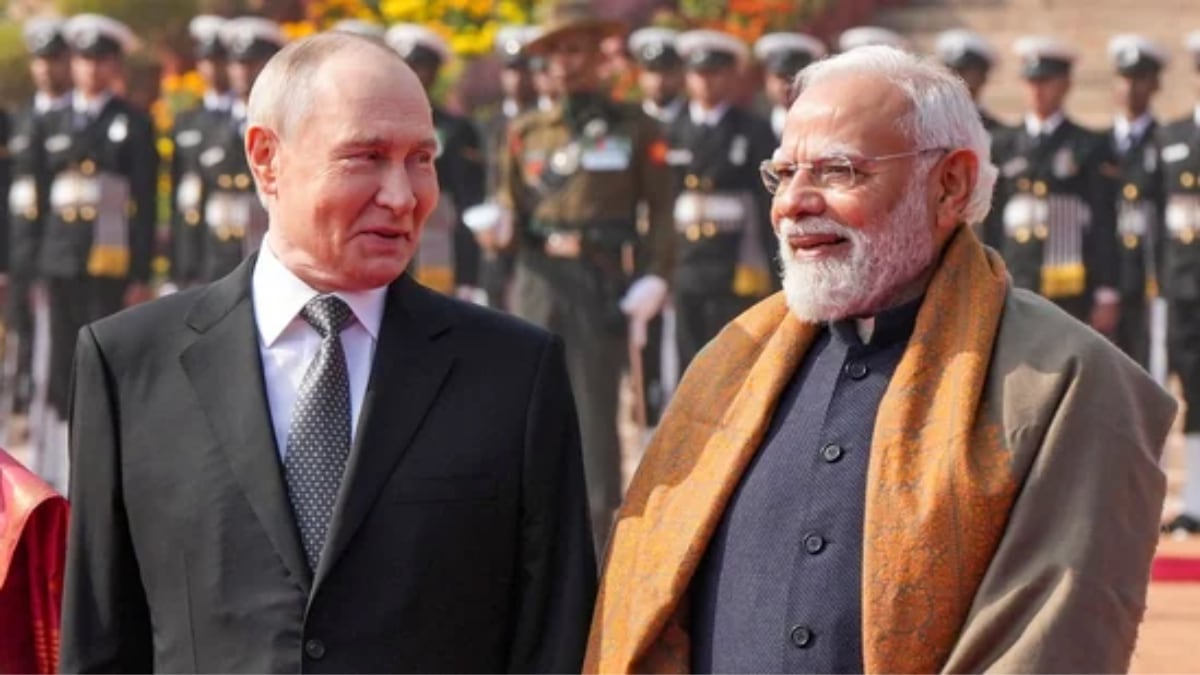By Priyanka Sarkar
Daisy Rockwell’s Alice Ramsey sees ghosts that lead her on a chase from her family home in America to India and back, helping her banish ghosts of abandonment by her father and neglect by her alcoholic mother. This chase also helps her understand her mother Clare, and the hollowness caused by lack of love in her life. At its heart, the novel can also be read as a love story between Alice and her Indian psychiatrist-turned-husband Ronit Roy, and how they find their happily-ever-after
This isn’t the only taboo love explored in the book. There is bigamy and adultery thrown into the mix, and when a character is snubbed by their American father for homosexuality, it throws into sharp relief the double standards of this world.
We are constantly left wondering whether Alice can indeed see ghosts or if she is a little off in the head. She talks about the ghosts with manic excitement. After all, she met Ronit as a patient, so that really clinches it if nothing else. He keeps wondering if he should refer her to someone else. It is only when she travels to India that she finds validation and her people. Most people here seem to have had a visitation or two.
The ghost Alice is visited by has a purpose, and their existence is also bound by rules. It seems because her grandfather died in India, he can apparate properly only in India, while he is a wispy thing in America. That is how she finds out that he had in fact been buried there and his remains were shipped to America later.
There is a fair bit of reflection in the book on the way American high society operates—how it is a small set that knows each other. There is an amusing bit about their obsession with British royalty, an Indian man stands out in his Boston job because of his self-taught British accent.
Though ghosts flit in and out of the story, the real spectre that haunts the family is its dysfunction. We see that most tellingly in the way Alice wants to turn the sozzled destructive Clare out of the home almost like an exorcism. This is where the novel truly dazzles. Clare ‘creates a scene’ in two instances and in both, the reader is made to feel the discomfiture of Alice, the daughter, who has to witness the ‘ugliness’ (as Ronit puts it).
Professor Roy, Ronit’s father, is called ‘Poshu’ by his wife Debashree. Poshu in Bangla means animal. Then, before their arrival in India, Debashree wonders to Professor Roy why Ronit is ‘so damned cagey’ about Alice, his fiancé, why he hasn’t told them anything much about her other than the fact that she is White. The reader knows even when she says this that it’s perhaps because he is at a loss to tell his parents about her, not knowing what to tell them considering her non-traditional situation in life. Poshu looks up from his book and says that it is perhaps because it is Ronit who doesn’t have a facility with words and doesn’t know how to describe a foreign woman to them. Debashree muses, “That could be so, something lost in translation, perhaps.” We know nothing is lost in translation here. Alice is foreign in more ways than one. So, was this a clever play by Daisy, the translator? Is she saying nothing is ever lost in translation?
It is Alice’s very foreignness in the way of living life that brings about the final resolution, which might seem a bit too neat to some readers. She upholds the found family structure over biological ties, and this is what the novel essentially asks readers to ponder over—what family means and what means family. It is this family that also makes Ronit feel loved and settled. However, the ending seemed a bit rushed, a bit too tell and little show, especially considering the way Rockwell has laid out the scenes at the beginning.
Priyanka Sarkar is a book editor, literary translator and writer
Alice Sees Ghosts: A Novel
Daisy Rockwell
Bloomsbury
Pp 272, Rs 699








